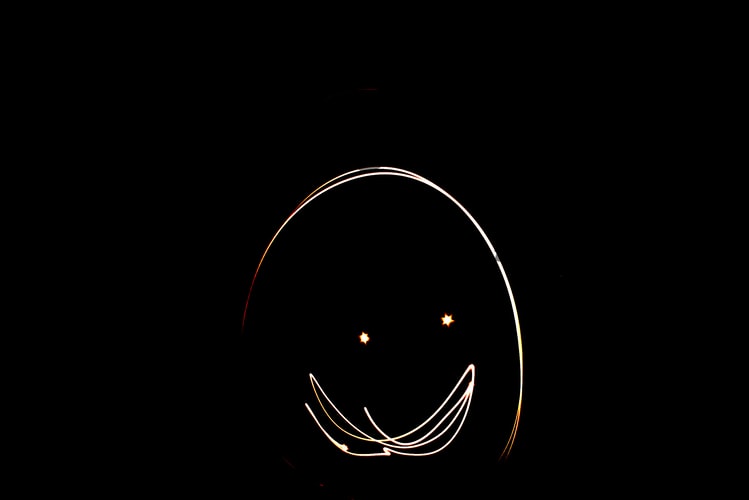Amidst all the global health crisis and unrelenting optimistic quotes floating on Instagram and Pinterest, “Tragic Optimism” serves as a way of living.
Viktor Frankl – the Holocaust survivor and Austrian psychiatrist – first coined the term tragic optimism. Frankl explains first about the tragic triad of human lives – pain, guilt, and death. Thus, tragic optimism is an optimism in the face of the tragic triad and in view of the human potential which at its best always allows for: (a) turning suffering into a human achievement and accomplishment; (b) deriving from guilt the opportunity to change oneself for the better; and (c) deriving from life’s transitoriness an incentive to take responsible action. [1]
Tragic optimism is the ability to maintain hope and find meaning in life despite its inescapable pain, loss, and suffering.
– Viktor E. Frankl
Frankl initially advocated that tragic optimism holds a space to experience both the good and the bad in human lives, and that we can grow from each. [2] Furthermore, Emily Esfahani Smith – author of the critically acclaimed book The Power of Meaning – argues that there is hope and meaning can be found in life while also acknowledging the existence of the tragic triad of human life. Smith further mentions, “When researchers and clinicians look at who copes well in crisis and even grows through it, it’s not those who focus on pursuing happiness to feel better; it’s those who cultivate an attitude of tragic optimism.” [3]
The problems with toxic positivity is that it paints negative emotions as a failure or weakness. Moreover, toxic positivity is a form of denial – which completely disregards the current adverse situation and focuses solely on the “bright side”. With toxic positivity, negative emotions are seen as inherently bad. Instead, positivity and happiness are compulsively pushed, and authentic human emotional experiences are denied, minimized, or invalidated.
Failing to acknowledge the hardships in life can have a detrimental effect on our mental health. Persistent reminders to reflect on ‘how good we have it’ in the midst of strife and struggle don’t make sadness, fear or anxiety dissipate, research shows. Instead, suppressing negative emotions can actually make us feel worse.
Is ‘Tragic Optimism’ what we need right now?
The COVID pandemic has not just threatened our physical health but also emotional and mental well-being of people around the world. According to psychologists Richard Tedeschi and Lawrence Calhoun of the University of North Carolina at Charlotte, who coined the term “post-traumatic growth” in the 1990s, the people who grew after a crisis spend a lot of time trying to make sense of what happened and understanding how it changed them. In other words, they search for and find positive meaning.
Similar instances have happened in the past. To illustrate the effectiveness of tragic optimism, Smith points to a study conducted after the events of September 11. In general, people reported higher instances of fear, anxiety, or hopelessness—but the emotions were more debilitating for some than others. After a crisis, most people acquire a newfound sense of purpose, develop deeper relationships, have a greater appreciation of life and report other benefits. It’s not the adversity itself that leads to growth. It’s how people respond to it.
Tragic Optimism: Search for meaning than happiness
Frankl himself suggests that this is the core of the human spirit – if we can find something to live for; if we can find some meaning to put at the center of our lives, even the worst kind of suffering becomes bearable.
But how do we find meaning in our lives? Frankl reiterates that there are three main sources of meaning in life: 1) creating a work or doing a deed; 2) experiencing something or encountering someone (as in love); and 3) transcending, learning, and finding meaning from the inevitable suffering which we will experience. Thus, Frankl argues, we can find meaning despite the tragic triad of suffering, guilt, and death.
At the start of lockdowns in the UK last spring, Jessica Mead, a PhD student in the psychology department at Swansea University, sought to measure changes in wellbeing among residents. Naturally, wellbeing levels plummeted as a result of the pandemic, but Mead and her colleagues found participants who showed tragic optimism coped more effectively with the trauma of the pandemic.
Finally, relying in part on Viktor Frankl’s notion of “tragic optimism,” we should be considering how we may begin to reconsider our traumas as not just endings of what is, but beginnings of what still might be. When we are no longer able to change a situation, we are challenged to change ourselves. Even in dire circumstances, we still have a freedom to make our choice. As Frankl writes, “everything can be taken from a man but one thing: the last of the human freedoms – to choose one’s attitude in any given set of circumstances, to choose one’s own way.“
Life may be tragic, but we should remain optimistic that it meaningful nonetheless—life even in its most tragic manifestations provides ways to make life meaningful.



